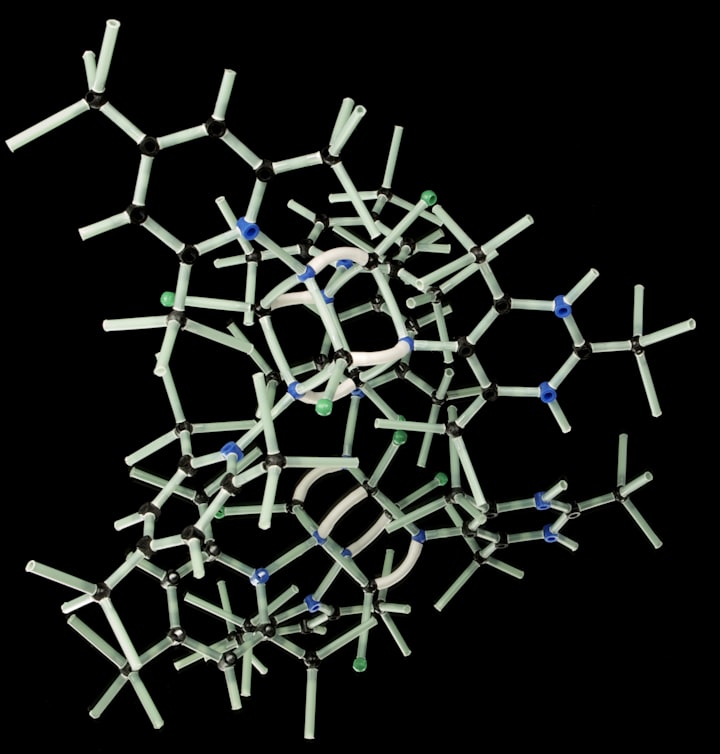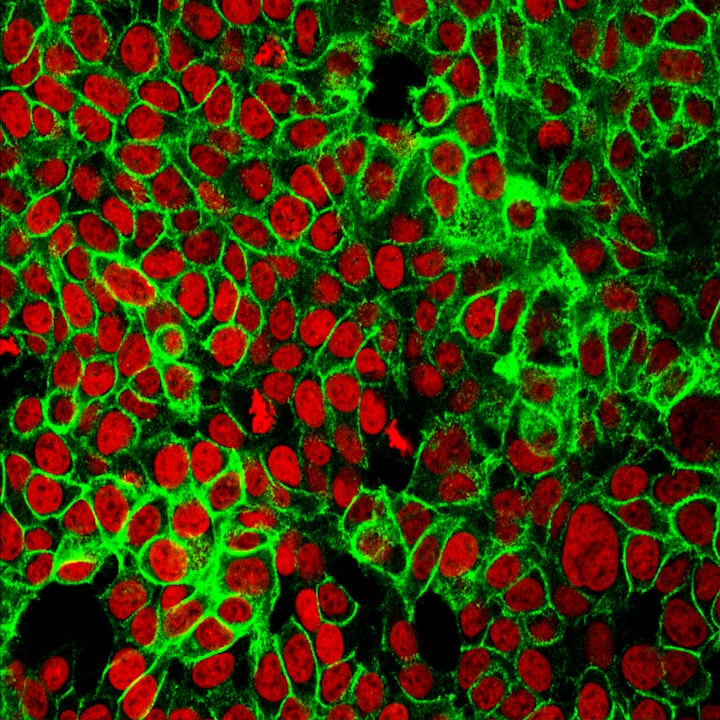Unpacking the Intricacies of DNA, RNA, and Proteins
Explore DNA and RNA differences, RNA's vital role in protein synthesis, and the crucial protein functions in the body.

DNA and RNA are pivotal players in biological processes, while proteins are the workhorses that execute most cellular functions.
Let's delve into the specifics of these essential components.
DNA: The Blueprint of Life
DNA serves as the master blueprint housing all the genetic information essential for development, function, and reproduction.
It contains instructions for constructing proteins crucial for various bodily functions, including growth and repair.
RNA: The Messenger
RNA acts as a intermediary between DNA and proteins, ferrying messages from the cell's nucleus, where DNA resides, to the cytoplasm, where proteins are synthesized.
RNA ensures accurate transmission of genetic information from DNA to the protein production site.
Proteins: The Cellular Workforce
Proteins are versatile molecules that perform a myriad of functions within the body.
They provide structural support to cells, aid in molecule transport, and serve as enzymes to drive metabolic reactions.
In essence, proteins are the fundamental building blocks and workforce of bodily functions.
Interplay of DNA, RNA, and Proteins
DNA contains instructions for protein construction, while RNA transmits these instructions to the site of protein synthesis.
Once the message is received, proteins are assembled at the ribosomes, the cellular machinery responsible for protein synthesis, to carry out various bodily functions.
DNA and RNA: Beyond Humans
While our focus lies on humans, it is noteworthy that DNA, RNA, and proteins play pivotal roles across diverse life forms.
These molecular components drive vital processes such as life, growth, and adaptation in a wide array of organisms, highlighting their fundamental nature across different species.
The Wider Implications
Understanding the interplay between DNA, RNA, and proteins offers insight into the intricate mechanisms underlying life.
This foundational knowledge sets the stage for unraveling complex biological processes and paving the way for innovative advancements in fields like medicine and biotechnology.






